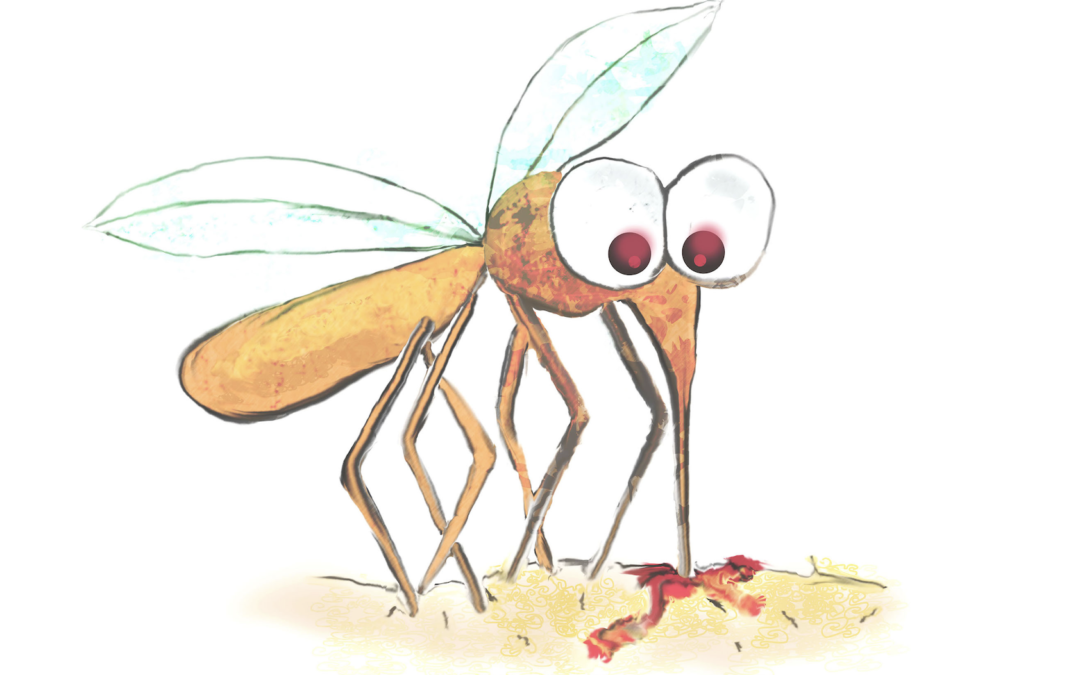Summer is here and the kids are out enjoying the warm sunshine. Unfortunately so are the bugs. Concerned parents ask me all the time about how to handle insect bites on their little ones. I have some general advice based on the commonly observed symptoms and treatments for insect bites in children.
Firstly, it’s important to identify the type of insect that might have bitten the child if possible. This is because different insects can cause different reactions, some of which can be severe. For example, bee or wasp stings can sometimes trigger allergic reactions, while tick bites may potentially transmit diseases such as Lyme disease.
However, for most common insect bites, here is some general advice:
- Clean the area: Gently wash the bite area with soap and warm water.
- Reduce inflammation: Apply a cold pack or a cloth filled with ice to the area for 10 minutes to reduce swelling and itching.
- Topical creams: Over-the-counter creams or ointments containing hydrocortisone can help to reduce itching and swelling. Aloe vera can also be soothing.
- Avoid scratching: Encourage your child not to scratch the bite as this can break the skin and lead to infection.
- Pain relievers: If the bite is causing pain, over-the-counter pain relievers such as ibuprofen or acetaminophen may be used, following the dosing instructions for your child’s age and weight.
- Antihistamines: If the bite is particularly itchy, an oral antihistamine can be considered. Make sure to use children’s formulations and follow the instructions carefully.
If your child shows any signs of a severe reaction, such as difficulty breathing, feeling faint, swelling of the lips, eyelids, or face, hives, or signs of infection like increasing redness, pus, or increasing pain, you should seek medical attention immediately.
If it’s a tick bite, the tick should be carefully removed using tweezers, grasping it as close to the skin’s surface as possible and pulling upward with steady, even pressure. Make sure to watch for signs of Lyme disease, such as a red “bull’s eye” rash, fever, or joint pain over the following weeks, and consult a doctor if these occur.
Remember, this is general advice, and the best course of action will depend on your child’s specific circumstances, such as their age, the type of insect, and their individual reaction to the bite. Always consult with a healthcare professional for the best advice. You can easily make an appointment request online or call us at 435-799-7953.

